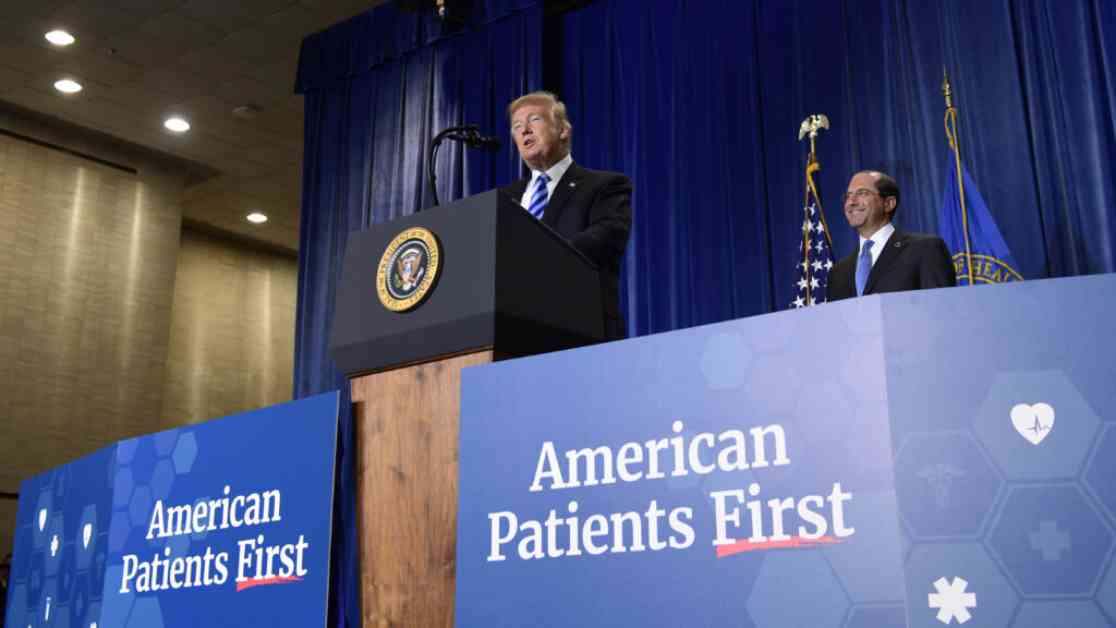Trump Administration Freezes Health Agency Reports: What You Need to Know
The Trump administration has recently implemented a freeze on federal health agency communications with the public until the end of the month. Acting Secretary of the U.S. Department of Health and Human Services, Dorothy Fink, issued a memo ordering an “immediate pause” on various forms of communication, including regulations, guidance, announcements, press releases, social media posts, and website content. This directive also extends to materials intended for publication in the Federal Register and the Morbidity and Mortality Weekly Report, a key scientific publication from the Centers for Disease Control and Prevention (CDC).
Implications of the Communication Freeze
This freeze has raised concerns about the transparency of critical health information to the public, especially during a time when access to accurate and timely health updates is crucial. The affected agencies, including the CDC, the National Institutes of Health, and the Food and Drug Administration, play pivotal roles in addressing epidemics, ensuring food safety, and advancing medical research. With this pause in place, the dissemination of vital health information may be delayed or restricted, impacting public awareness and response to health-related issues.
Expert Insights and Context
Steven Grossman, a former HHS official, shed light on the common practice of pausing agency communications during a transition of power. While new administrations often review and adjust communication protocols, Grossman emphasized the importance of maintaining essential health communications during this period. He highlighted the need for a clear hierarchy and effective processes to ensure that critical health information reaches the public promptly and accurately.
Moving Forward: Ensuring Public Health Communication
As we navigate through this period of restricted communication from federal health agencies, it is crucial to advocate for transparency and timely dissemination of health information. The exceptions made for communications affecting critical health, safety, and security functions underscore the importance of prioritizing public health needs amidst administrative transitions. By staying informed and advocating for open communication channels, we can work towards ensuring that vital health information remains accessible to all. Let us continue to prioritize public health communication and transparency in the face of evolving challenges.

















